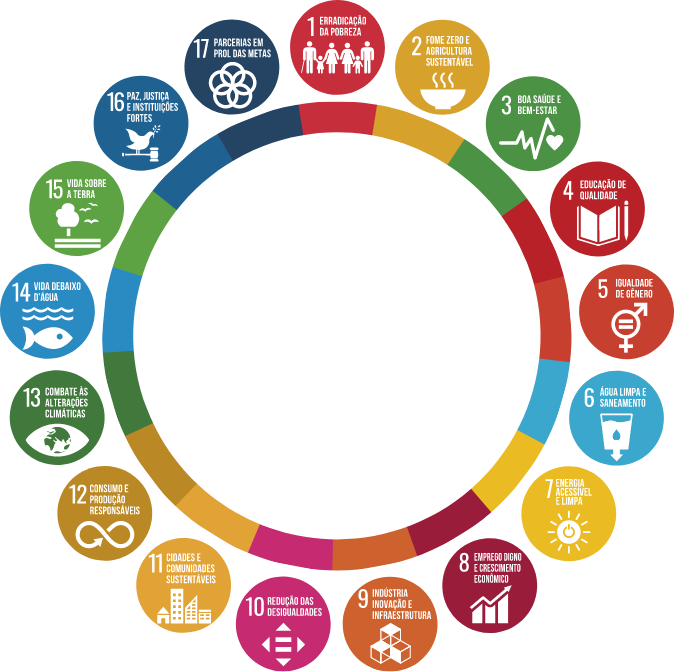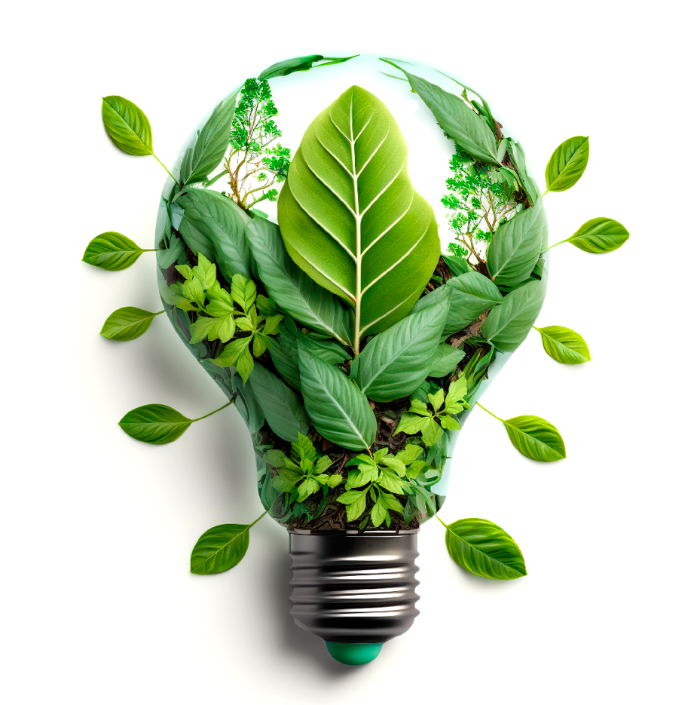Menu
Fechar
- about us
- business
Ingredientes versáteis
para diversos mercados
Support for the producer at all stages
Complete packaging solutions.
- products
Other Industries
Ideal Raw Materials for Various Industries
Animal Nutrition
Solutions for nutritional enrichment
Food
Optimization, safety, traceability, and sustainability.
- sustainability
- private labels
Healthier, more practical, and conscious foods.
All the simplicity of homemade recipes.
- news
- about amaggi
- contact
- about us
- business
Ingredientes versáteis
para diversos mercados
Support for the producer at all stages
Complete packaging solutions.
- products
Other Industries
Ideal Raw Materials for Various Industries
Animal Nutrition
Solutions for nutritional enrichment
Food
Optimization, safety, traceability, and sustainability.
- sustainability
- private labels
Healthier, more practical, and conscious foods.
All the simplicity of homemade recipes.
- news
- about amaggi
- contact











